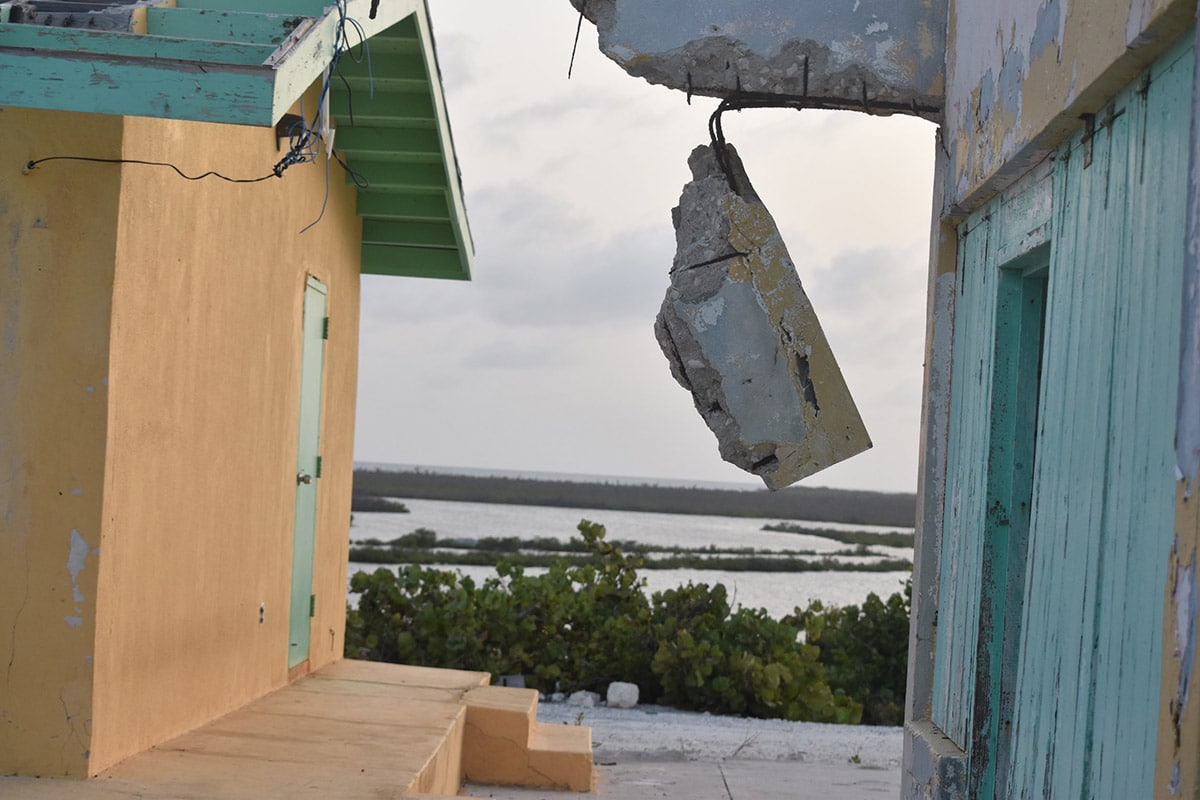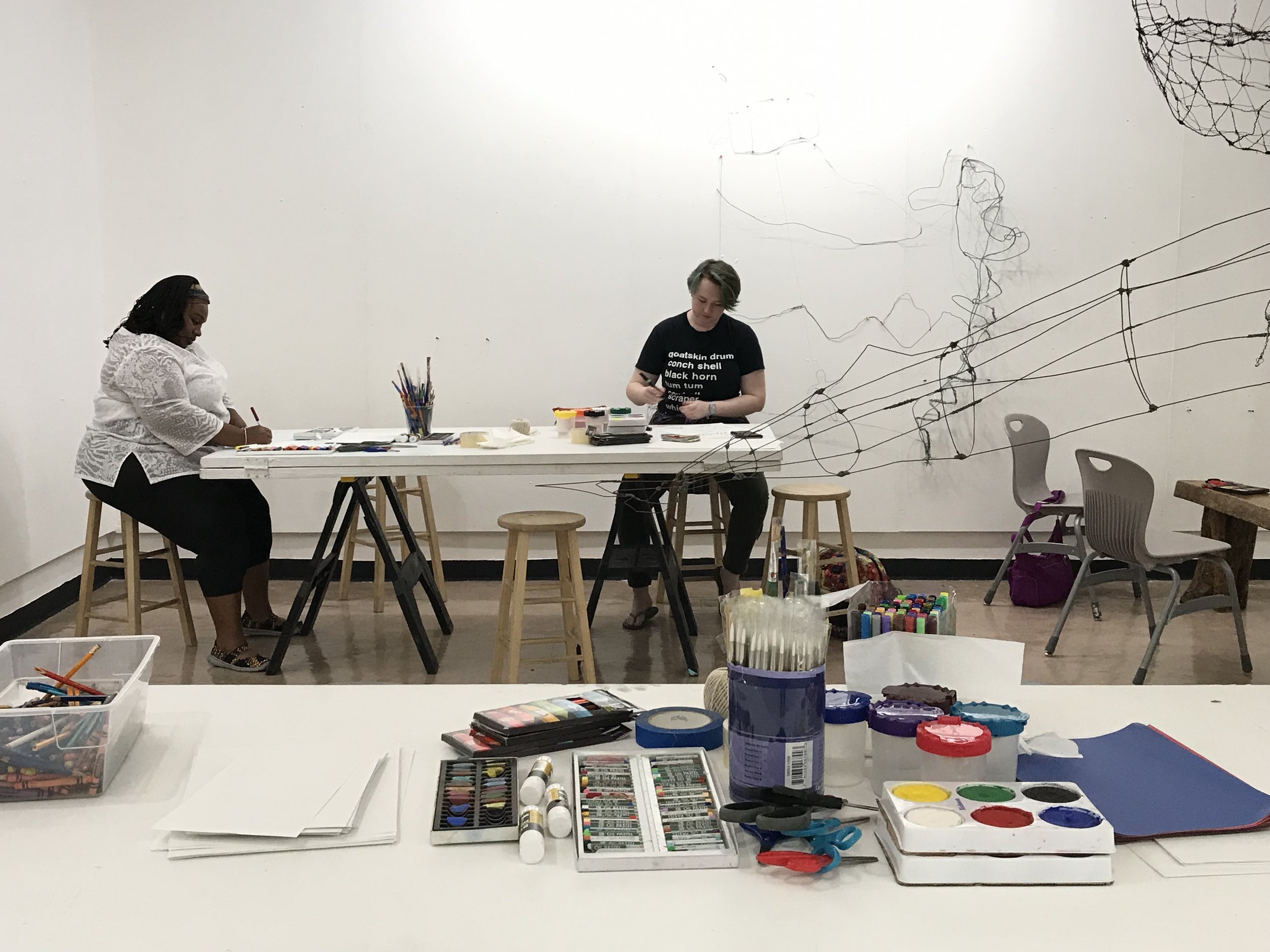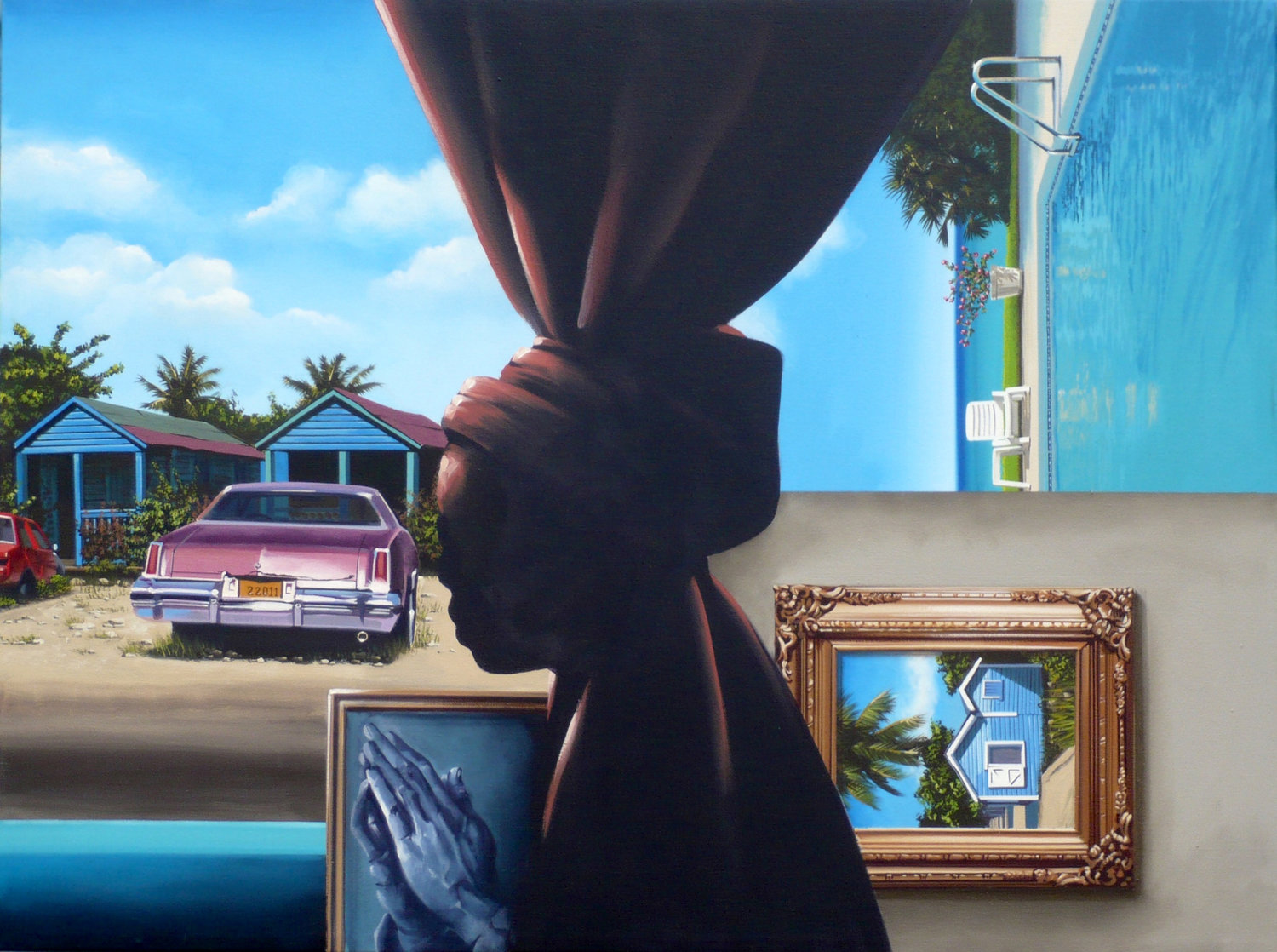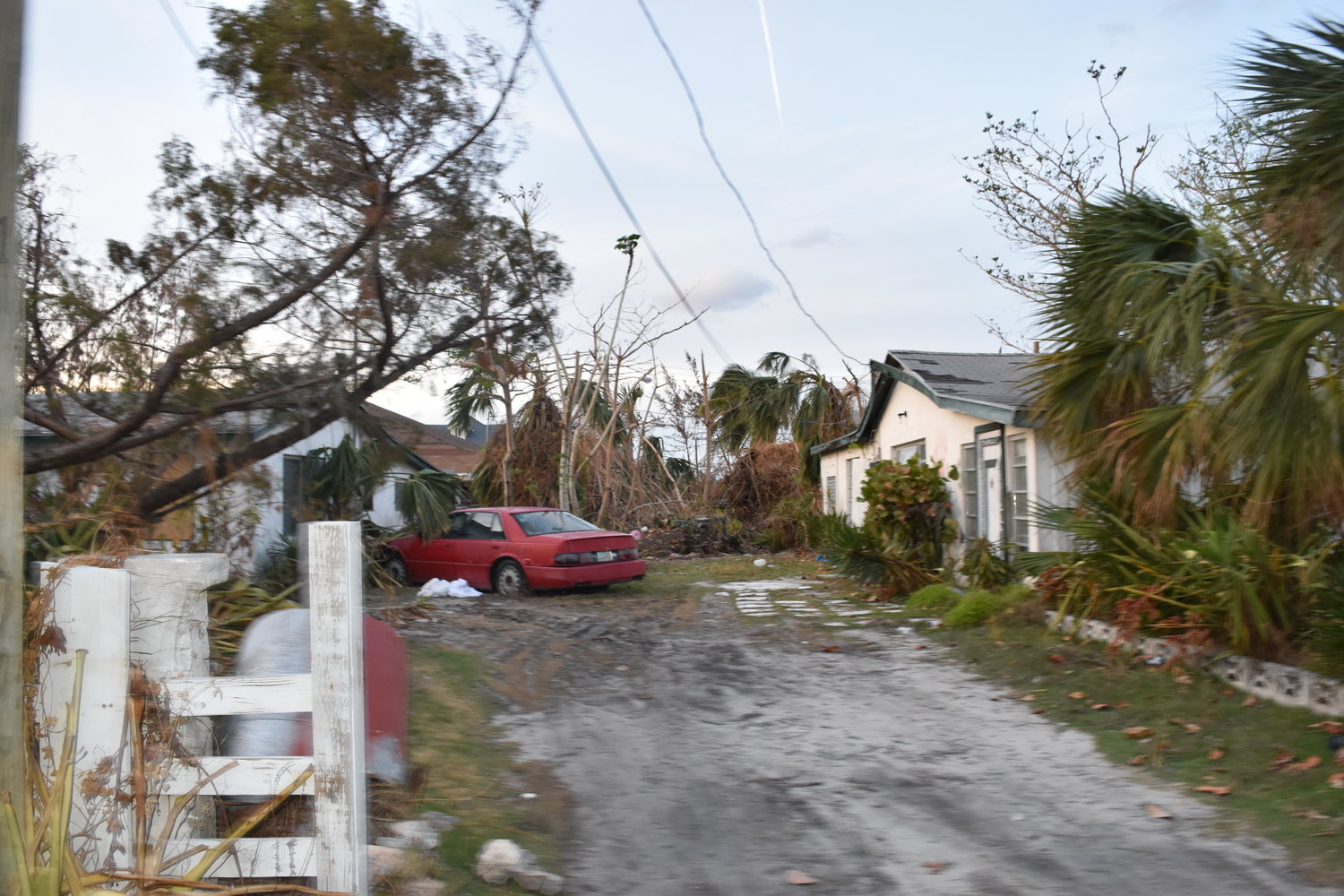Finding Our Voices: Resisting Violence and Oppression
Ian Bethell-Bennett · 7

“I could be bounded in a nutshell, and count myself a king of infinite space, were it not that I have bad dreams.”
Is it a bad dream, a nightmare provoking somnambulance? We all think the best of green gentrification because we have been taught, in spite of the climate skeptics, we need to do something to improve our resilience.We are also told by the media that while people know about climate change and the havoc it plays in their neighborhoods, jobs are more important because many of us are one paycheck away from poverty.
We are perhaps more polarized now than at any other point in recent history. As we become tropicalized into submission, we are also told that we should no longer stay in our traditional family homes. In fact, after 2017 hurricanes Maria and Irma, in Puerto Rico, people’s homes and land were taken away from them while they sheltered elsewhere. This does not even begin to grapple with the kind of hate speech shared over chats by the governor and his cronies. There is a saying in Spanish, “quítate tú pa’ ponerme yo,” which translates to basically “taking all that you have for me”. The resounding influence in this line of thinking is that in climate change and cultural erasure, we are suddenly under threat of disappearance. Except that when Puerto Ricans realised that this was proof that their suspicions were true, they found a collective voice after the hell of Maria and Irma.

The culture of silence and violence has been gaining ground. It is the culture that allows people to steal land, turn off lights and discriminate against anyone who does not look, sound, think, smell, and eat like them. Any of these provide a reason for the racist, misogynistic, homophobic language being meted out towards all groups not seen as powerful.
In the intersection of systemic and structural violence as lived in many postcolonial locations today, art and art movements become even more important; they provide the collective voice. Voice is not only about music, opera, and the stage, but being able to speak up for one’s self. The voice that speaks on canvas, in a play, the voice of the neighborhood has all been co-opted by the power system to encourage them through spreading hate and anger to destroy their own surroundings.
In 2017, Nassau’s “We March” movement had galvanized wide-spread support. Art has stepped back in. In Puerto Rico, the distinct, disparate, and fractured groups that manifested to get the Marina Fuera de Vieques came back together last week and it took them 12 days of nonstop protesting to oust governor Ricardo Rosselló and his motley crew of bandits. The people who suffered through the Ley 20 and 22 which brings wealthy Americans to hide their wealth in Puerto Rico had enough; people fled a 13 year-long recession engineered by government corruption and financial greed from banks that exacted their pound of flesh and drained the blood much like vampires.
Since Hurricanes Irma and Maria slammed the Caribbean, the movement has been speedy and stealth to buy up land at fire-sale prices to dispossess those most impacted by the wheels of economic exploitation. Similarly, Johnathan Swift’s satire A Modest Proposal (1729) captures the poignancy, exclusion, and dispossession of Catholics, as they were forced out of their homes due to colonisation. The art of satire uses humor to capture horrors hidden under and behind both sides of the veil.

Is it a satire that Ragged Island, Crooked Island, Acklins, and Mayaguana remain as devastated as they were immediately after the hurricanes struck? Or does it say more about the underbelly afoot, though we choose to be blinded by words? Where are the local-informed voices?
In Puerta de Tierra, Puerto Rico, La Brigada Puerto de Tierra–a grassroots artist collective formed in 2015 mostly by children and young community members, centring its activities on the preservation and well-being of the neighbourhood, its history and its people–makes minor waves, like a small boat, with their Aquí vive gente. People living in this section of the capital are now asserting their humanity as the government tries to crush them under the law of Imminent Domain and gentrification.
The swamp is constantly being drained even as it provides protection for communities around. Those who inhabit swamplands are displaced by those who use their power to dispossess, gentrify, and tropicalize. We must create dangerously if we are to survive not just Hamlet’s nightmare, but also free ourselves from his insanity.As The Washington Post argues Democracy dies in Darkness: knowledge empowers us. Without art and education, democracy dies. Without knowledge-based in indigenous knowledge held in local communities, democracy dies. Puerto Rico stands against this death, and the more than 400 “official” deaths resulting from Maria and Irma. Locally, however, we allow people who inhabit their generational homes on other islands to be ignored and silenced by hate speech and obfuscation. As Haitian American writer Edwidge Danticat writes in Create Dangerously (2010):
So though we may not be creating as dangerously as our forebears—though we are not risking torture, beatings, execution, though exile does not threaten us into perpetual silence…When our worlds are literally crumbling, we tell ourselves how right they may have been, our elders, about our passive careers as distant witnesses.
Our nutshells may be our boundaries but we are as affected and infected by those hate vipers as we are by the rising water, the hot water, laced with sea lice and sea thimble, gently off-limits to most working-classes who inhabit these shores. We ask:
Whether ’tis nobler in the mind to suffer
The slings and arrows of outrageous fortune
Or to take arms against a sea of troubles
And by opposing, end them?
There is no end, except that imposed by dust. If we do not speak we are doomed to that nutshell bounded by rising water, silence, and crippling structural violence.
Dr Ian Bethell-Bennett is a Bahamian academic and creative whose work explores Caribbean migration, displacement, and identity through photography, poetry, and critical essays. Influenced by thinkers like Gloria Anzaldúa and Édouard Glissant, he examines colonial legacies, gentrification, and the privatisation of public resources.


